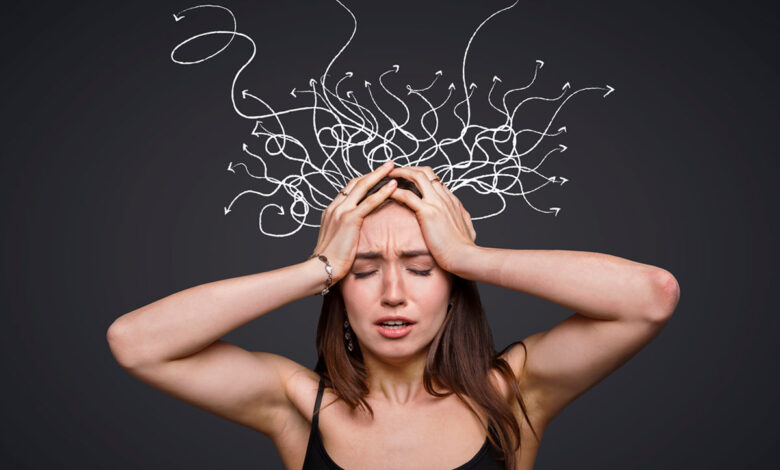Bharat Bhise Discusses Sleep Apnea and Its Effect on Mental Health

Introduction
According to Bharat Bhise, sleep apnea is a medical condition in which people stop breathing temporarily during their sleep. Since it disrupts the oxygen supply to the brain, it not only affects the quality of sleep but can cause other issues such as frequent sleep interruption, loud snoring, and more. In extreme cases, it can even become life-threatening. Unfortunately, the negative side effects of sleep apnea are not limited to the physical symptoms since it also negatively affects mental health as well.
The Discussion
Here are a few ways sleep apnea can affect your mental health:
- It can cause excessive stress – People who suffer from obstructive sleep apnea often exhibit behavioral symptoms similar to that of attention-deficit/hyperactivity disorder (ADHD). Due to a lack of good quality sleep during the night, they cannot focus their attention properly which results in a stressful experience during the day.
This can also lead to impulsive decisions and hyperactivity which ruins their relationship with their loved ones or family members. Fortunately, these behavioral symptoms can be treated with continuous positive airway pressure (CPAP) therapy and allow them to lead a normal life.
- It can result in depression – According to the Centers for Disease Control and Prevention, people who suffer from poor sleep quality or don’t sleep well are at a higher chance of developing depression. This is because inadequate sleep lowers the production of serotonin which is an essential neurotransmitter that helps to maintain many important functions of the body, including maintaining your mood.
Plus, when you don’t get enough sleep at night, it makes you irritable and leads to unexpected mood swings which can ruin your personal and professional life. In extreme cases, when sleep apnea is not treated for a long period, it can lead to a major depressive disorder, suicidal tendencies, and other mental health problems such as bipolar disorder and seasonal affective disorder.
- It increases the risk of anxiety – Since sleep apnea slows down or obstructs your regular breathing pattern while sleeping, it simulates the symptoms of having an anxiety attack. Plus, low-quality sleep can often cause nightmares or prevent you from entering normal rapid eye movement (REM) sleep which is important for the brain to process vital information.
Oftentimes, a lack of sleep can also result in daytime hallucinations and paranoia which increases the risk of anxiety attacks in people.
- It can negatively affect your personality – According to studies, people who suffer from sleep apnea often experience a lack of energy which results in a loss of motivation and makes them inactive. Plus, they also experience excessive daytime sleepiness.
As a result, many people who suffer from sleep apnea suffer from low self-esteem and pessimism, and other negative personality traits which continue to increase in intensity until the condition is addressed properly by a medical expert.
Conclusion
Bharat Bhise suggests you consult a reputed doctor if you experience the symptoms of sleep apnea to ensure you don’t suffer from the negative mental and physical health effects of the condition. The symptoms of sleep apnea include snoring loudly, not feeling well-rested after sleeping, frequently waking up at night, headaches, dry mouths, and more.






